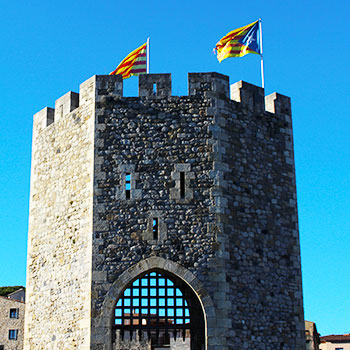EU Integration: Theories, Institutions & Issues
International Business Program
Barcelona, Spain
Dates: 1/8/25 - 4/26/25

EU Integration: Theories, Institutions & Issues
OVERVIEW
CEA CAPA Partner Institution: CEA CAPA Barcelona Center
Location: Barcelona, Spain
Primary Subject Area: Political Science
Other Subject Area: Economics, International Relations
Instruction in: English
Course Code: POL340
Transcript Source: University of New Haven
Course Details: Level 300
Recommended Semester Credits: 3
Contact Hours: 45
Prerequisites: None
DESCRIPTION
The growing economic and political integration of Europe is making decision-making processes at both national and supranational level increasingly intertwined. As the European Union (EU) is neither a state nor a federation, but rather an organization of a unique kind, the transfer of national prerogatives to the supranational level raises a series of questions such as: a) how do decisions taken at the EU level influence national ones and vice versa?; b) which theoretical approaches help us to grasp the ongoing process of integration?; c) what are the consequences of EU enlargement for both existing institutions as well as for democratic legitimization?
Part I of the course will examine the origins and development of European integration, the main theories behind the process of integration, the institutional structure of the European Union and the specific economic and political areas of inter-state cooperation. Part II will focus on some of the most relevant issues surrounding contemporary debates on European integration. Major issues facing EU members today such as the so-called democratic deficit, European Governance, and EU enlargement will all be considered.
Part I of the course will examine the origins and development of European integration, the main theories behind the process of integration, the institutional structure of the European Union and the specific economic and political areas of inter-state cooperation. Part II will focus on some of the most relevant issues surrounding contemporary debates on European integration. Major issues facing EU members today such as the so-called democratic deficit, European Governance, and EU enlargement will all be considered.







